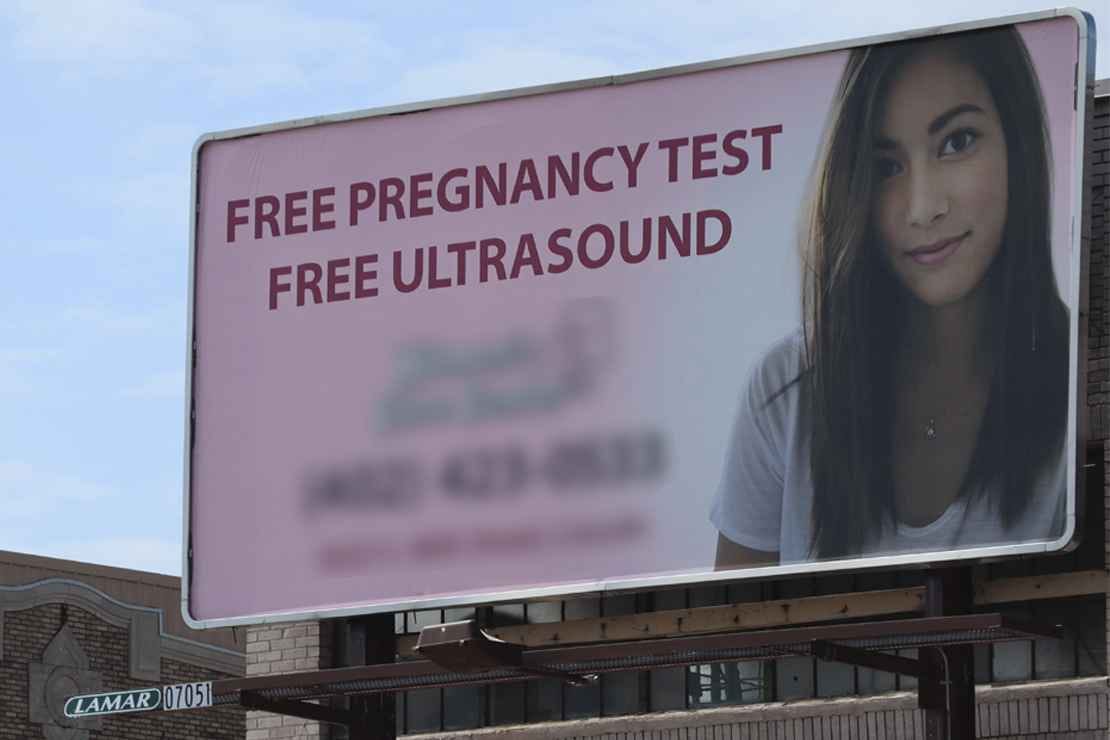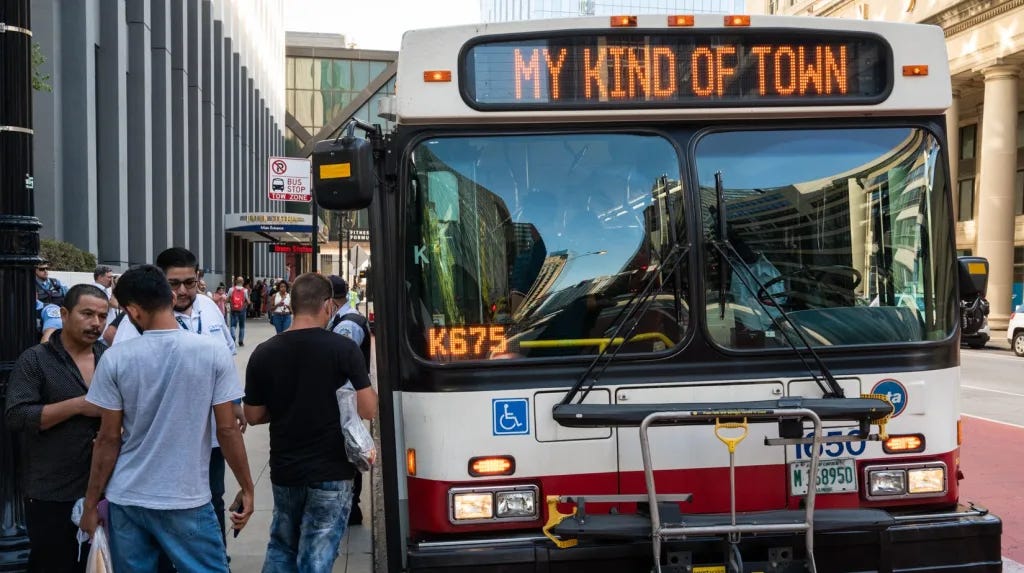Crisis pregnancy centers come under increased scrutiny
Pro-life centers offer needed care and deserve more respect.
This week, the chief medical officer of Planned Parenthood of Illinois, Amy Whitaker, wrote an op-ed in the Chicago Sun-Times decrying crisis pregnancy centers and championing a new bill that targets them as purveyors of false information. So, it’s worth taking some time to explain what crisis pregnancy centers are, what services they provide, and how they differ from Whitaker’s Planned Parenthood facilities.
Crisis pregnancy centers, also called pregnancy resource centers, are not typically licensed medical facilities. They offer free pregnancy tests, pregnancy-related counseling and classes in parenting skills, as well as clothing, diapers and food. Some offer ultrasounds.
The centers are mostly religiously affiliated and all make efforts to dissuade abortion-minded mothers from following through with the procedure.
Some reporting has found that many women who go to these facilities have already decided not to end their pregnancies, though crisis pregnancy centers can often be found near abortion facilities with the goal of capturing at least some of the women who might otherwise go to a Planned Parenthood or other abortion centers.
By 2020 in Texas, the state’s abortion-alternatives contractors provided roughly one million goods such as diapers and food, gave 331,000 counseling sessions, taught 314,000 parenting classes, made 217,800 referrals to government assistance programs and provided 56 adoption services, according to the latest annual report.
Texas is among a number of Republican states where tax dollars originally earmarked for welfare have gone to crisis pregnancy centers, and the state provides far and away the most such funding. This funding has alarmed many abortion rights advocates.
Do you have ideas for future Civic Update stories or want to contribute a story yourself? Email our editor by clicking the button below!
Much of the controversy around crisis pregnancy centers centers on information provided at many such facilities regarding the medical and psychological dangers of abortion. Heartbeat International and the American Association of Pro-life Obstetricians and Gynecologists have several documents regarding abortion risks and complications, which mirror the information often provided at crisis pregnancy centers.
It’s also worth noting that Planned Parenthood receives considerable government funding. In fact, more than 40 percent of Planned Parenthood’s revenue comes from government reimbursements and grants.
The possibility that this funding might dry up in a post-Dobbs America must surely be worrying to the group, as abortion is by far the most lucrative offering at Planned Parenthood. Without this funding, the organization might not be able to continue operation.
While unlikely in pro-choice Illinois at the state level, I would like to see federal funding for crisis pregnancy centers, so that the centers can offer more services, including potentially medical services. This would also ensure that the funds presently used at the state level and earmarked for other purposes could be used as originally intended.
Crisis pregnancy centers should be treated with more respect than to be specifically targeted for negative attention by state legislatures. These facilities offer vital and needed services to pregnant women, and serve a critical role in a post-Dobbs landscape.
To find a crisis pregnancy center near you, consult the national map.
The Round Up
Here are the stories that caught our eyes this week and what they mean for the weeks ahead.
Chicago Public Schools parents take issue with proposed elected school board map
In the first public hearing since Democratic state lawmakers revealed their proposed map of Chicago’s elected school board districts, parents responded in opposition.
State Rep. Ann Williams, who heads up the House Democrats’ Chicago Public School’s Districting, stressed the current map is only a jumping off point.
Representation was the main issue for the roughly 30 people who spoke at the hearing.
Black students come in second in the racial breakdown of CPS enrollment with 36 percent, followed by white students at 11 percent, according to the most recent CPS data.
The map released Friday shows that white voting-age residents make up the largest percentage of all voting-age residents in seven of the 20 proposed districts, compared to six with a majority Hispanic voting-age population and seven black voter-dominated districts.
Open-armed Chicago feels the strains of a migrant influx
In the last days of Mayor Lori Lightfoot’s tenure, Chicago has seen a sudden surge of migrants, mostly from South America.
They have been bused or flown from southern states to Chicago Union Station or O’Hare International Airport, and then brought to police stations around the city.
City officials and advocates say the city’s reaction to the influx has been mixed, as the migrant crisis strains Chicago’s resources for housing and feeding thousands. The number of new arrivals is expected only to increase after a change in federal rules takes effect on Thursday.
Pritzker signs law that benefits Chicago first responders disabled by COVID
Gov. J.B. Pritzker signed a law Wednesday providing full disability benefits to Chicago police officers and firefighters who contracted COVID-19 before vaccines were available.
The Act-of-Duty law, HB3162, ensures disability benefits of 75 percent of salary plus health insurance for anyone unable to work after coming down with the coronavirus from March 9, 2020, when the flare-up intensified in Illinois, until June 30, 2021. The law presumes that they picked up the illness on the job.
Newsclips
Chicago police superintendent search commission says 53 apply for position
Chicago’s new mayor has one of the trickiest jobs in politics
Trump takes a swipe at Chicago, again
Chicago protesters demanding access to FDA-approved Alzheimer's drugs
‘High dosage tutoring’ helps close the COVID learning gap in Chicago Public Schools
Sheriff: Cook County’s stalled justice system perpetuates violence in Chicago
Lincoln Park homeowner looks for answers after receiving nearly $7,000 water bill
Chicago affordable housing wait can take years as city, CHA face severe shortage








Good analysis from Mike Vick! I've posted it on my FB page and the American Solidarity Party of California FB page.